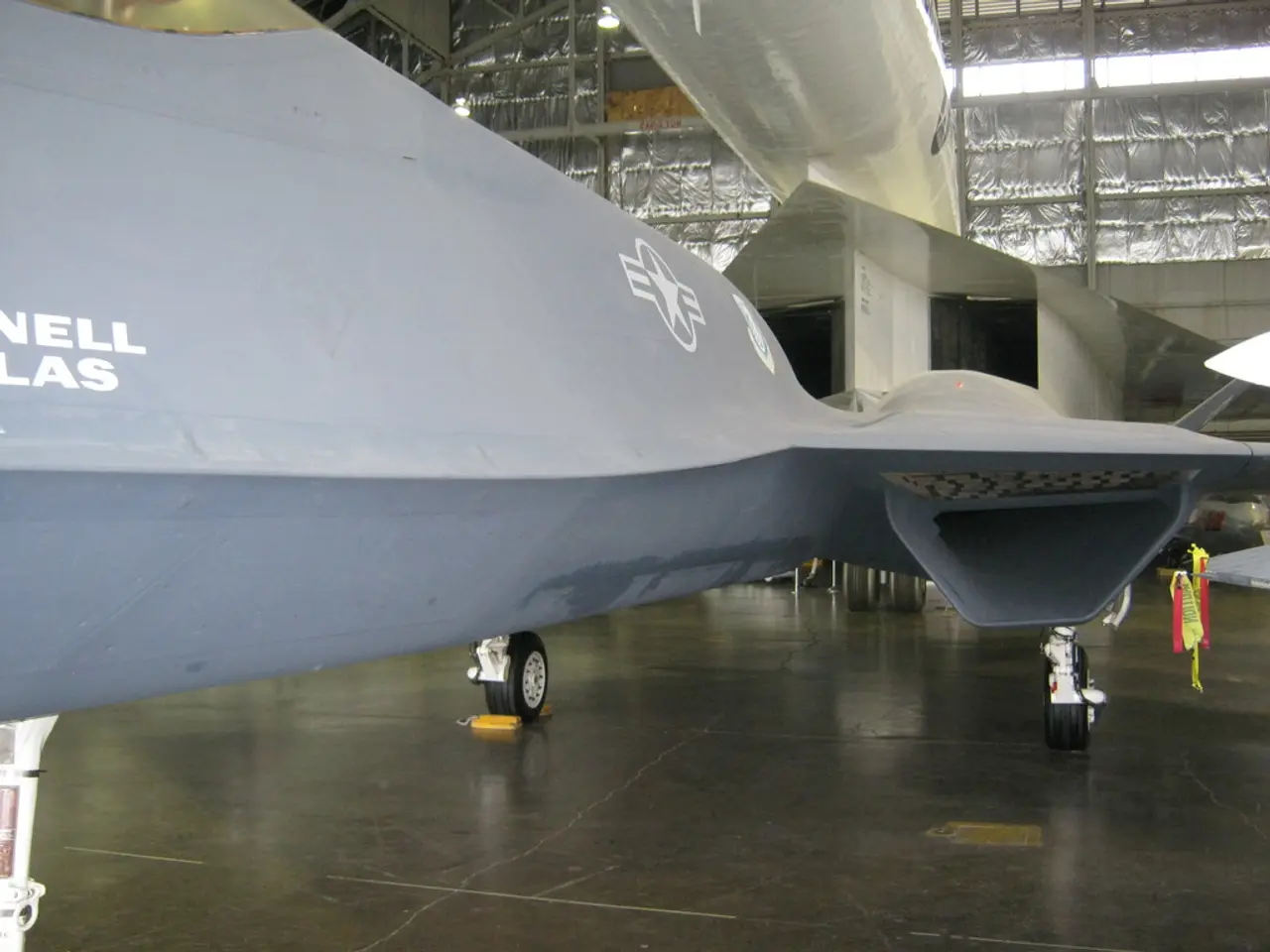Government facing turmoil once more as KAI finds themselves entangled in political upheaval yet again
## Impact of Political Influence on CEO Appointments at Korea Aerospace Industries (KAI)
The appointments of CEOs at Korea Aerospace Industries (KAI) have been a subject of concern due to their apparent political influence. This influence can potentially hamper the company's long-term stability and strategic planning, as shown in the following aspects:
### Political Influence on CEO Appointments
- **Short-Term Leadership Cycles**: The pattern of CEO appointments in KAI, often lasting about three years, can disrupt long-term projects that require decade-long investments. - **External Appointments**: Most CEOs at KAI have been appointed from outside the company, leading to a lack of continuity and expertise relevant to long-term aircraft development.
### Impact on Long-Term Aircraft Programs
- **Disruption of Strategic Planning**: Frequent changes in leadership due to political shifts can hinder the consistent implementation of strategic plans, which are crucial for long-term aircraft development. - **Lack of Continuity**: The turnover in leadership can lead to changes in priorities, which might stall or alter ongoing projects, affecting their efficiency and effectiveness over time.
### Effect on Future Business Strategies
- **Expertise vs. Political Favoritism**: The dominance of political appointments over professional expertise can lead to CEOs who may not have the necessary background or experience to drive complex aircraft projects forward. - **Market Perception and Trust**: The political uncertainty surrounding KAI's leadership can impact investor confidence and the company's reputation in the global aerospace market.
### Potential Solutions
To address these issues, several solutions have been proposed:
- **Longer Tenures**: Encouraging longer tenures for CEOs could help maintain continuity in strategic planning and project execution. - **Professional Expertise**: Ensuring that CEO appointments prioritize professional expertise over political considerations could enhance the company's ability to manage complex long-term projects effectively. - **Strengthening Internal Processes**: Developing robust internal systems and processes can help mitigate the impact of external political pressures on operational decisions.
It is worth noting that KAI's major shareholders include the state-run Export-Import Bank of Korea (26.41%) and the National Pension Service (8.31%). Last year, KAI posted 3.64 trillion won in revenue and 240.7 billion won in operating profit, with a backlog order of 24.7 trillion won. Despite a year-on-year slip, KAI announced a value-up plan in May with a goal to achieve a compound annual growth rate of 20% or higher through 2027.
The current CEO, Kang Goo-young, has voluntarily stepped down on July 1, 2023. He was appointed as the CEO of KAI in September 2022, six months after Yoon Suk Yeol won the presidential election. Three potential candidates for the next leader of KAI have been mentioned: Ryu Kwang-su, Kang Eun-ho, and Moon Sung-wook.
However, the labor union has raised objections to both Kang Eun-ho and Kang Goo-young for various reasons. Professor Choi Gi-il of Sangji University suggests that KAI's privatization is necessary to bulk up in the global defense market and move up the weight division.
The privatization of KAI has been a topic of discussion, with Hanwha Group and LIG Nex1 emerging as potential candidates to buy out KAI's government-owned stake. If Hanwha Group acquires KAI, it could benefit Korea's overall competitiveness on the global stage but could disrupt the balance of the domestic defense industry ecosystem. On the other hand, if LIG Nex1 acquires KAI, it could lead to a healthy competition that can advance the market altogether.
The Export-Import Bank of Korea has denied it is eyeing a sale. Professor Choi Gi-il also states that the market should lead the privatization process, not the government, to avoid favoritism. The labor union has criticized the potential nominees for various reasons, and the market is eagerly awaiting the announcement of the new CEO.
- The prevalence of political influence in CEO appointments at Korea Aerospace Industries (KAI), as observed in the frequent changes and disruptions in leadership, can have ripple effects in the general news sphere, especially regarding long-term aircraft programs and future business strategies.
- The impact of political influence on the long-term stability and strategic planning at KAI could affect its position in the global aerospace market, potentially causing shifts in investor confidence, market perceptions, and trust, as well as stirring discussions about potential solutions such as privatization to promote professional expertise over political considerations.








